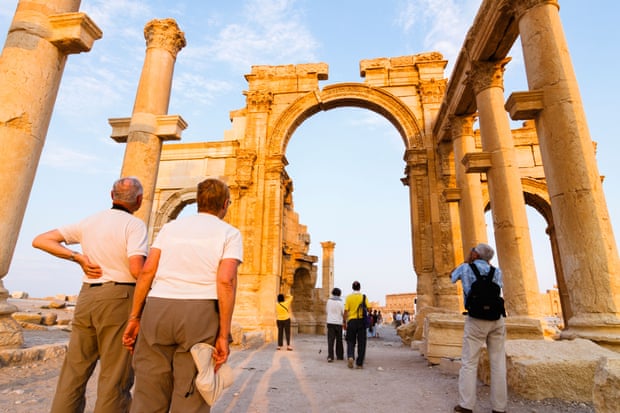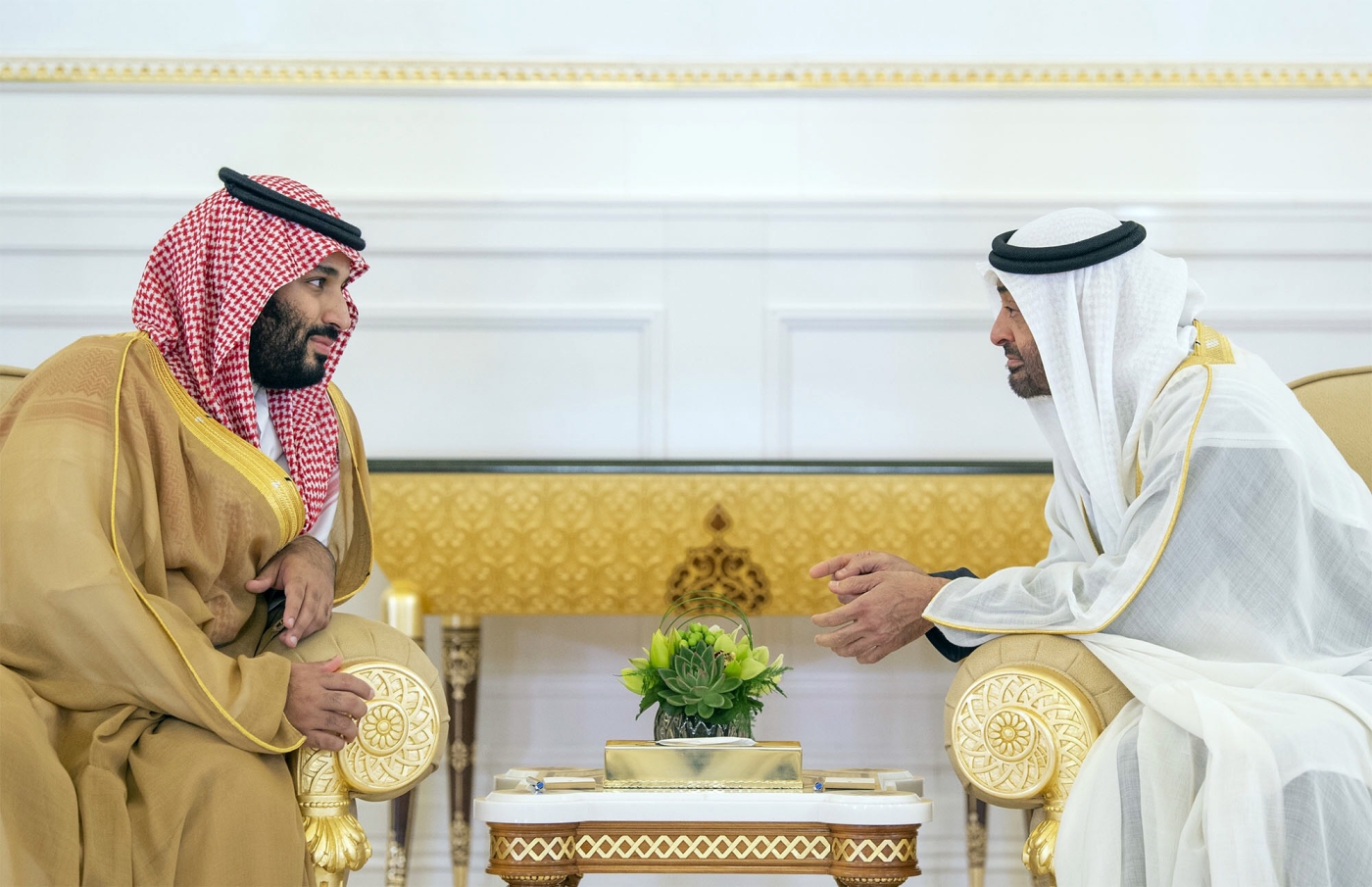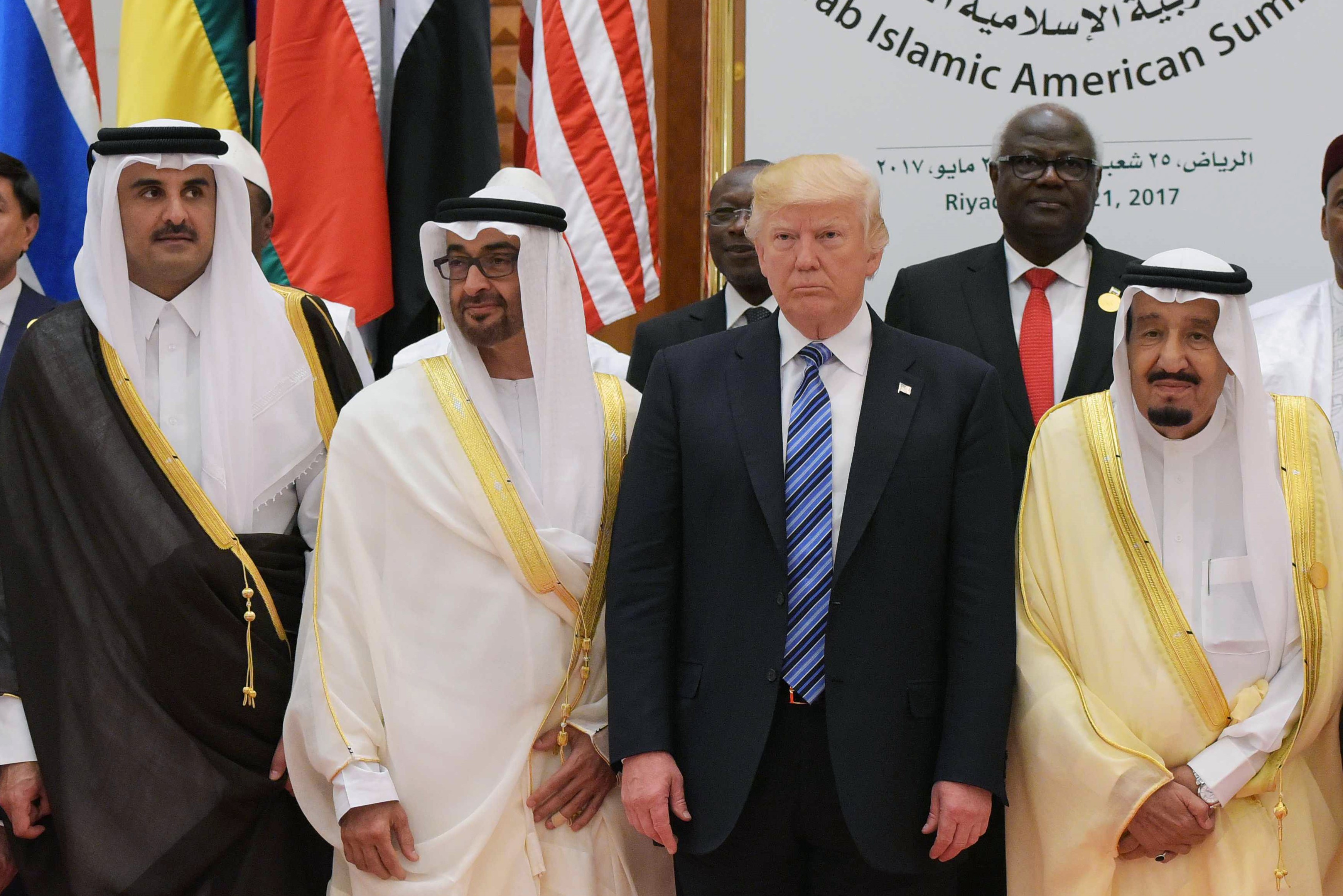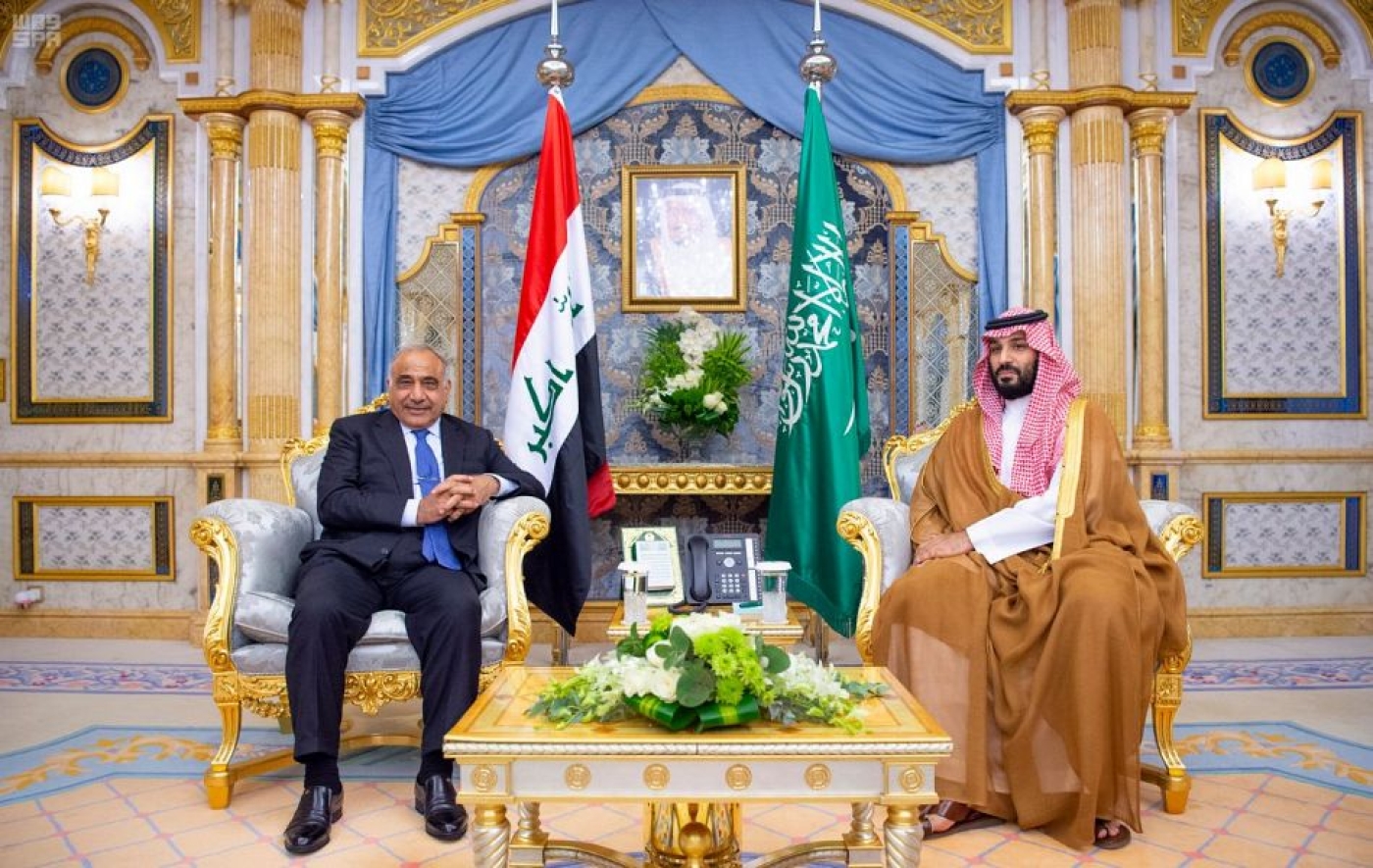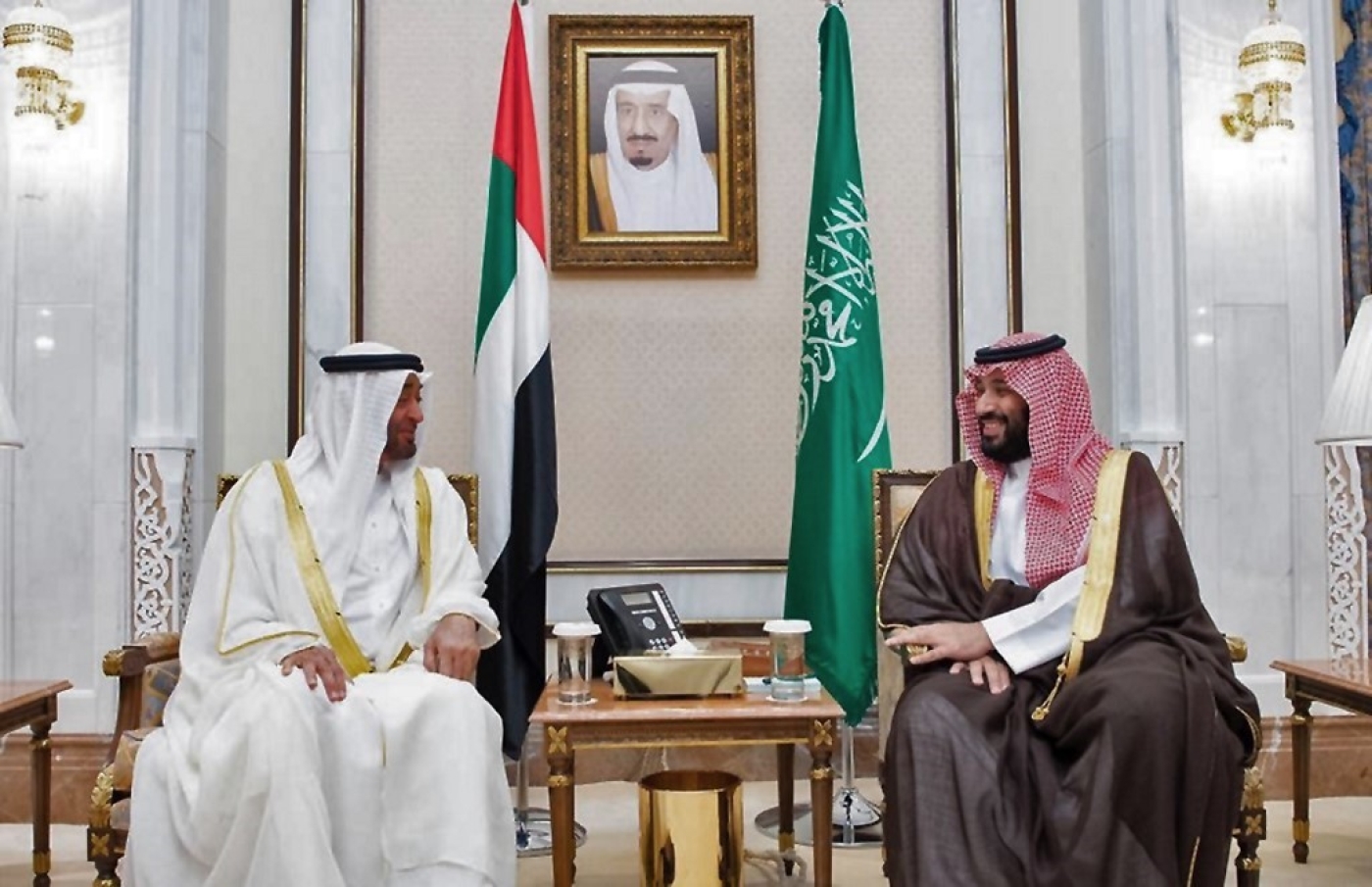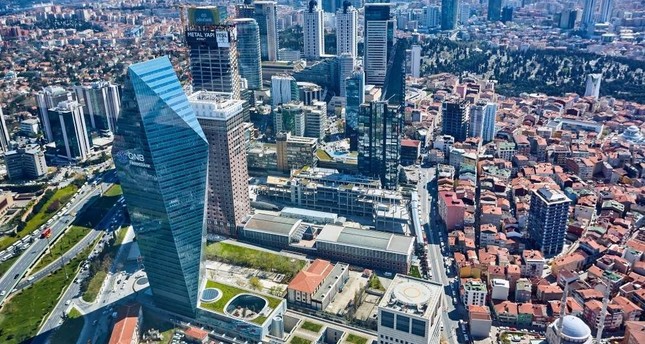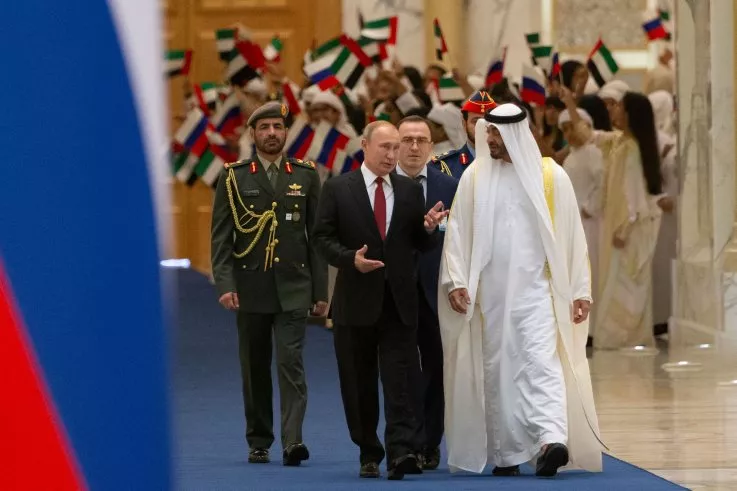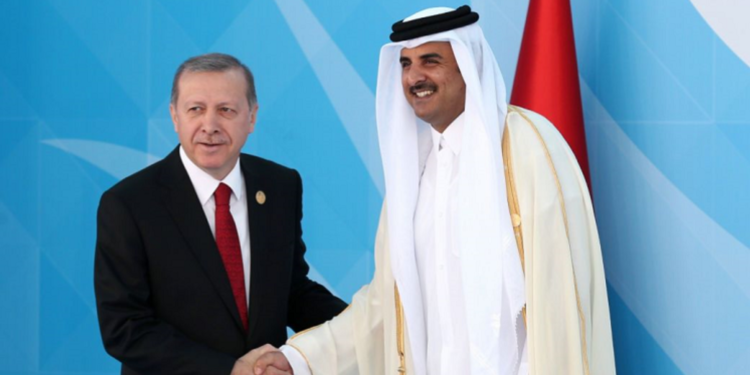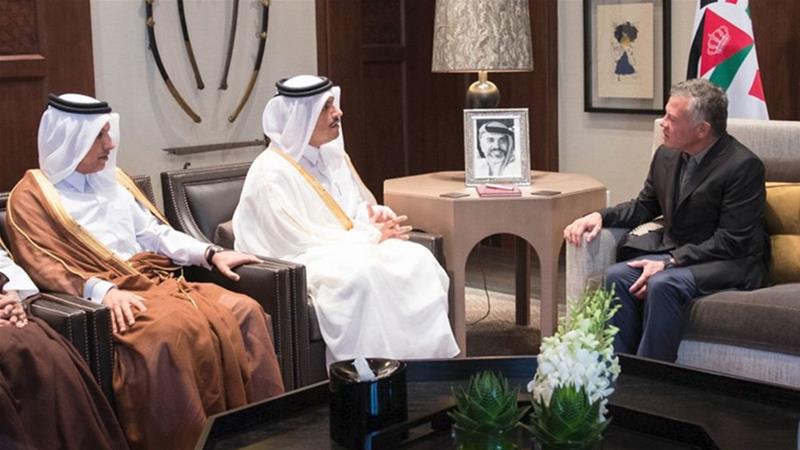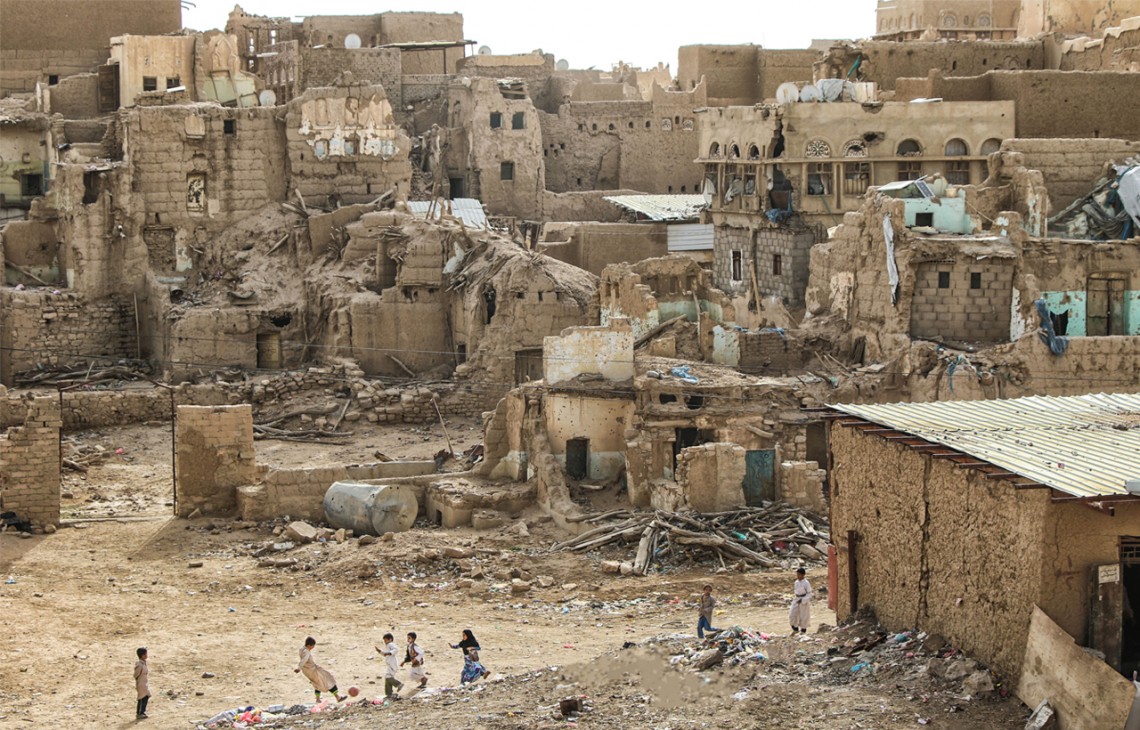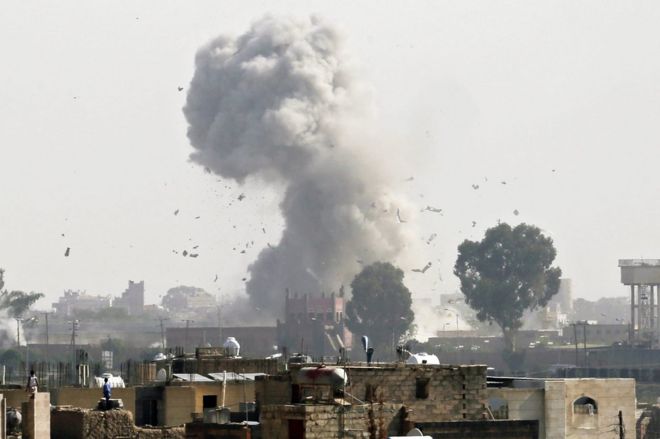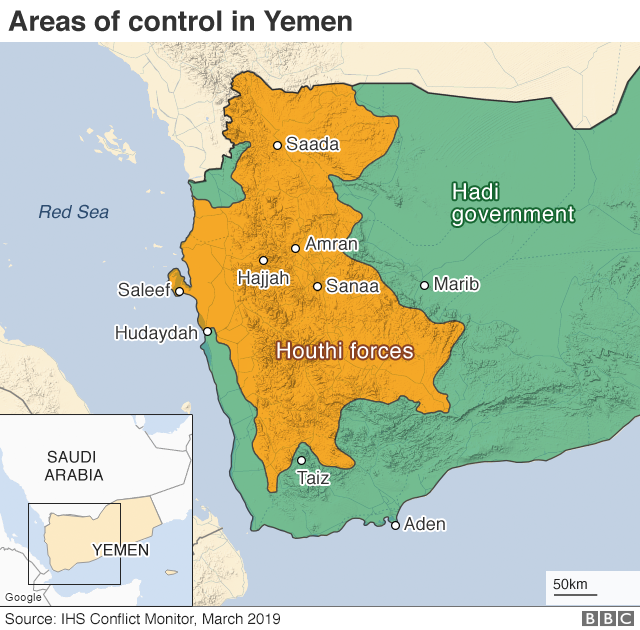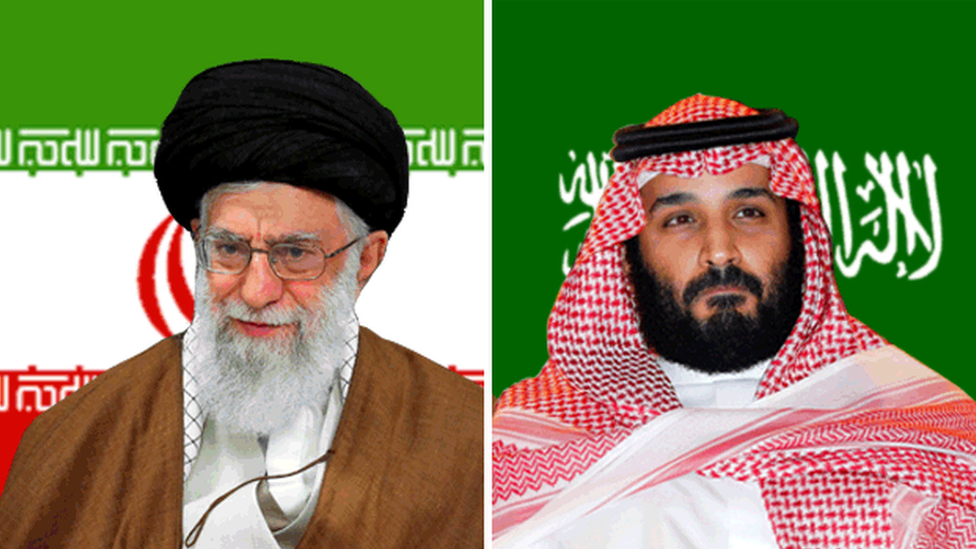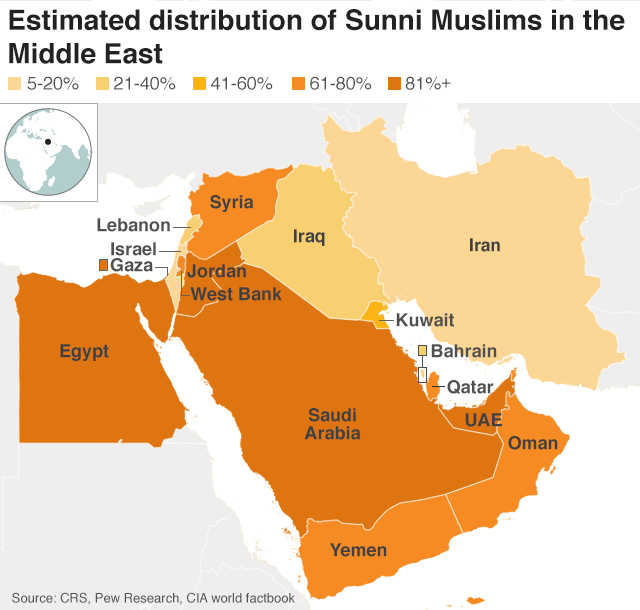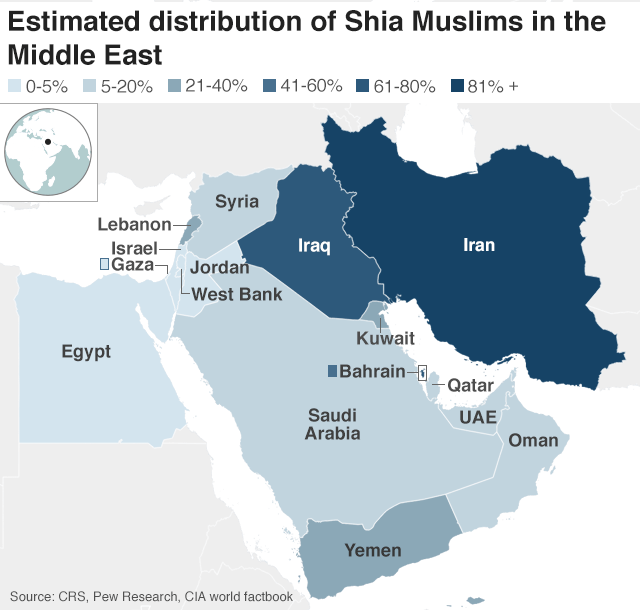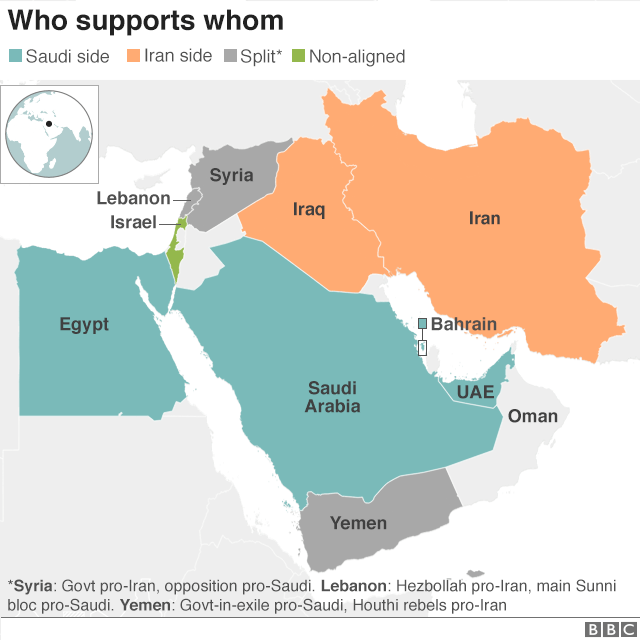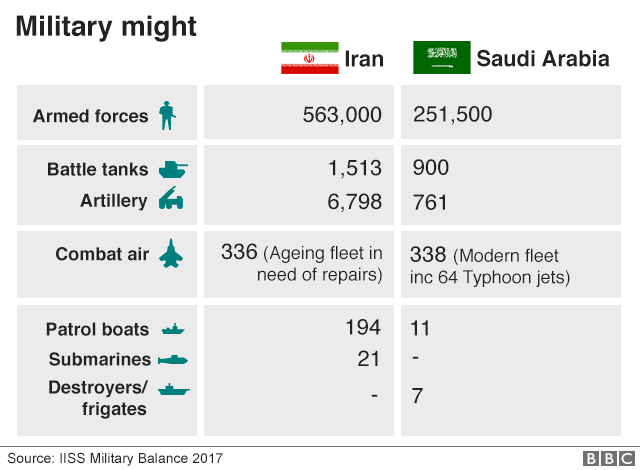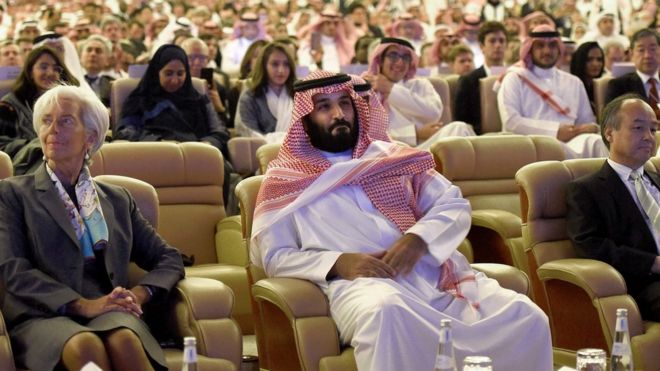Syria is a complex situation, for sure.
Assad's point was, if you get rid of me, you don't get Switzerland, you get, well, Libya, you get ISIS. The dude has internalized Islamophobia better than many white racists. Muslims just don't know how to govern themselves. That is the suggestion. I don't buy that one minute. Muslims are human beings.
Libya was a complex situation too. It is not like one day Barack Obama woke up and decided he wants Gaddafi out. Libya started seeing mass protests. And Gaddafi was on the verge of committing genocide. He was pretty vocal in his intended response. To do nothing would have been gravely wrong. But to go in also has not been picture perfect. Libya has fractured in the aftermath. After Gaddafi was out, the West disengaged. That was a mistake. The hard political work was not even attempted. Talking is much harder than shooting.
How do you engineer peace? Do you convince a people to not get out into the streets? That is clearly not an option. Do you convince a dictator to not retaliate? That is not an option either. What do you do? Do you sit idly by? That is not an option.
It is a dynamic, fluid situation.
The path to peace is to get all stakeholders, internal as well as external, around a table. That also is not an easy option. Warring parties often use peace talks as opportunities to change facts on the ground.
I hope and pray for peace in both Yemen and Syria. The path to peace is a political path. You get all stakeholders talking. Some headway is being made in Yemen. That same headway is not being made in Syria. Because Assad's stance is my way or highway. That leaves little room for talks.
Syria is a complex situation with many layers. The top layer, of course, is the US-Russia tension. Syria allows Russia to prove a point, that maybe it never lost the Cold War. Then there is the regional cold war between Saudi Arabia and Iran. Then there is the central Assad factor. The dude is second generation. His father was president for decades. Then he took over. He is masterfully exploiting the two cold wars. There is the opposition. And there is ISIS. They are all angling for control. Assad is winning. His victory is near complete. But then very recently he opened a new front. A part of Syria became Vietnam all over again.
US attacks Shia militia: Iraq, Syria, Iran, Russia, Israel react
Analyst theorizes intention of US strikes in Iraq and Syria
U.S. forces launch five airstrikes against Iranian forces in Iraq and Syria
Assault in Syria threatens mass displacement
Russia says U.S. strikes on Iraq and Syria are unacceptable
Crisis In Idlib, Syria
Lebanon's economic crisis fuelling Syria's currency fall Many say the financial crisis in neighbouring Lebanon has further devalued Syria's wounded economy.
Are the US and Iran heading for a confrontation on Iraqi soil? As Washington and Tehran are locked in various political and military confrontations in the region, especially in the Gulf and Yemen, Friday's attack, allegedly by Kataib Hezbollah, could be viewed as an Iranian attempt to respond to mounting political and economic pressure brought by the US ...... Iran, however, claims mass protests were instigated and supported by the US in order to undermine its presence and interests in Iraq.......Iraqi security forces stand accused of killing about 500 people since the start of the movement months ago.
The World's Worst Game Of Risk Is Playing Out In Syria
Assad Is Now Syria’s Best-Case Scenario The ruthless Syrian dictator is guilty of countless war crimes—and regrettably represents his country’s least bad remaining option. .... U.S. policy toward Syria has been a failure for years, and the American strategy—if that word is even appropriate—was rife with contradictions and unlikely to produce a significantly better outcome no matter how long the United States stayed ...... As depressing as it is to write this sentence, the best course of action today is for President Bashar al-Assad’s regime to regain control over northern Syria.
Assad is a war criminal whose forces killed more than half a million of his compatriots and produced several million refugees.
In a perfect world, he would be on trial at The Hague instead of ruling in Damascus. But we do not live in a perfect world, and the question we face today is how to make the best of a horrible situation.Concern over rise in dark tourism in Syria as war enters ninth year a handful of tour companies and travel bloggers catering to English-language customers have started running bespoke trips to the country to “mingle with locals while also passing destroyed villages”, visit archeological sites “shrouded in a coat of destruction” and “experience the famous cosmopolitan nightlife that has returned to the centre of Damascus”.......
At least 500,000 people have been killed in the war and more than half Syria’s pre-war population of 22 million people have fled their homes.
...... hardcore adventure tourist interest in a country that has been off limits for nearly a decade is growing ..... Visiting places associated with death and tragedy is generally referred to as dark tourism. Holidaying in countries still technically at war, however, is a relatively new phenomenon, fuelled by social media influencers on a quest to conquer forbidden destinations or tick off all 195 countries in the world. ..... At least one offering, from the China-based Young Pioneer Tours, ventures as far north as Aleppo, which was wrested back from the Syrian opposition in 2016 after a four-year battle. More than half the city is still in ruins. ..... Bakri al-Obeid ran a small tourism company in Damascus before Syria’s uprising began in 2011. He left his hometown of Aleppo when the city fell three years ago and now lives in Idlib, which is pounded daily by Syrian and Russian airstrikes. ....... “What the tourism companies are doing now has just one goal: normalisation with the regime. They are doing this to show the world that Syria is safe and fine and the war is over,” he said......“[These trips] whitewash the regime and let the world forget the atrocities committed against Syrians. It’s really depressing and painful to see tourists coming to your country from overseas when your house is confiscated by the regime and you can never go back home.”Syria's Assad says Kurdish controlled northeast Syria must return to state authority What Trump Actually Gets Right About Syria His incompetent and hasty withdrawal is shameful and harms American interests. But it lays bare some uncomfortable truths.....
U.S. policy in Syria has been unclear, confused and unrealistic for nearly a decade—a never-ending mission impossible without realistic goals or the means to achieve them.
..... Not since Barack Obama’s red line on the Assad regime’s use of chemical weapons turned pink, have we seen as severe a reaction to a foreign policy move. ...... The territory the SDF controlled was roughly the size of West Virginia and it is sandwiched between a deeply suspicious Turkey and an Assad regime equally resolved to bring all of Syria under its control. ....... Russian President Vladimir Putin did what the Obama and Trump administrations would not—intervene in the Syrian civil war. Instead of fighting that war by proxy, Putin and his generals stepped in with air power, boots on the ground, and unexpected skill, determination—and yes, unspeakable brutality—and changed the course of the civil war. Putin saved Assad and by doing so reemerged as a major power broker in the Middle East. Putin won the Syrian civil war, and he deserves its spoils....... And what spoils they are—a war-torn society, a ruined economy, bombed-out cities, and millions of refugees..... the idea that Putin’s Syria gambit will allow him to take over the Middle East is just silly. Frankly, he can’t do much worse than three U.S. presidents have done since the Iraq invasion ......It has been apparent for some time, except for those in denial, that Assad isn’t going anywhere—Russia and Iran have assured that.
...... Whether Assad will be able to establish control over the entire country is not the point: He controls the capital, Syria’s major cities, airports and seaports....... He’s likely to remain something of an international pariah with few willing to fund the billions required to reconstruct the country. ...... the ability of ISIS and its affiliates to wreak further havoc in Syria and Iraq and carry out terror attacks in the region and in Europe is unquestionable ....... Since 9/11, America has spent $2.8 trillion on homeland security. If at this point America is a sitting duck for ISIS, a ton of taxpayer money has been wasted. ...... the U.N., U.S., the EU and Arab states with deep pockets should substantially increase funding to meet humanitarian needs in Syria...... Neither Congress nor the American public has the appetite to commit American blood and treasure in Syria. Iran, Turkey, Russia and the Assad regime are prepared to make these sacrifices and Syria is a much higher priority for them than it is for the United States............Trump has made the Syrian story much more tragic by deciding, in the most inept way possible, to cut and run.
..... Israel has managed to constrain Iran’s more expansionist designs in Syria, and Russian and Iranian goals do not always coincide......Syria is a complicated place that offers no one an unqualified win. Instead, it is a land where the majority of Syrians pay a terrible price at the hands of external powers and a minority brutal government determined to survive at any price.
It will remain a money pit where plans for peace, good governance and stability go to die.Meanwhile In #Syria https://t.co/ll3Z65R9cT #Syrians #russia #Iran #iraq #UnitedStates #DonaldTrump #Assad #CivilWar #WarCrimes #middleeast #Peace #War #isis #Kurds #Turkey #Erdogan
— Paramendra Kumar Bhagat (@paramendra) December 31, 2019

